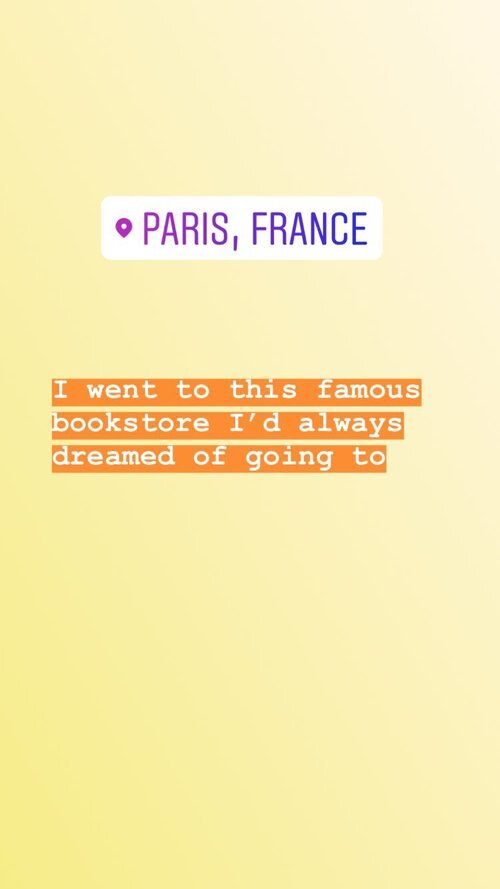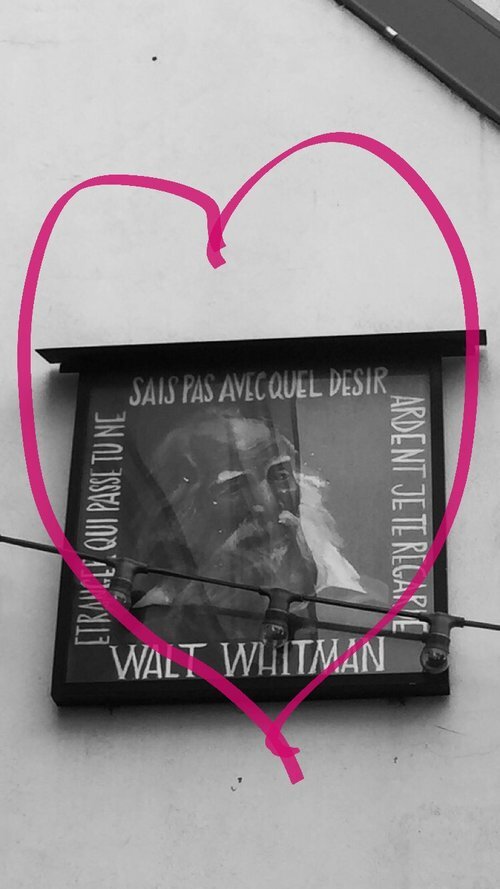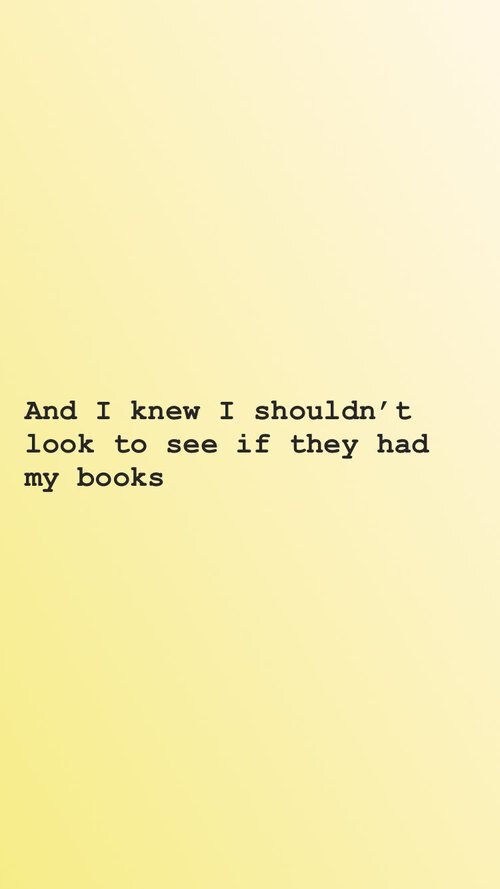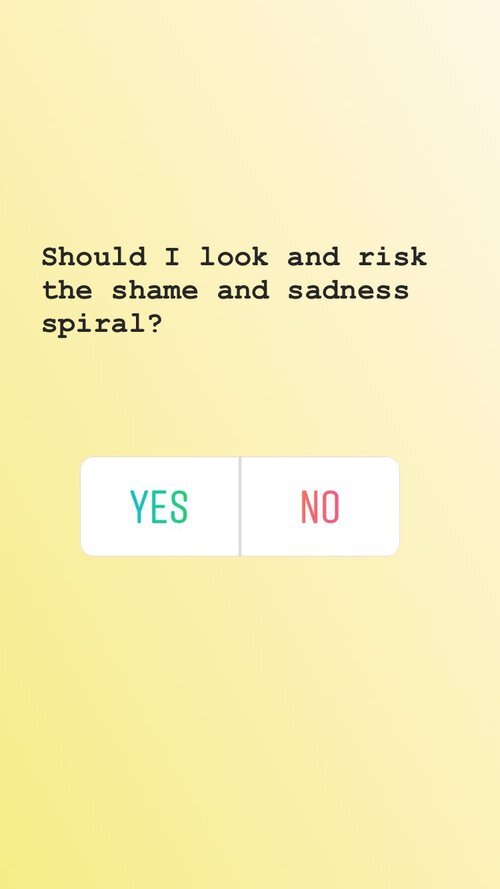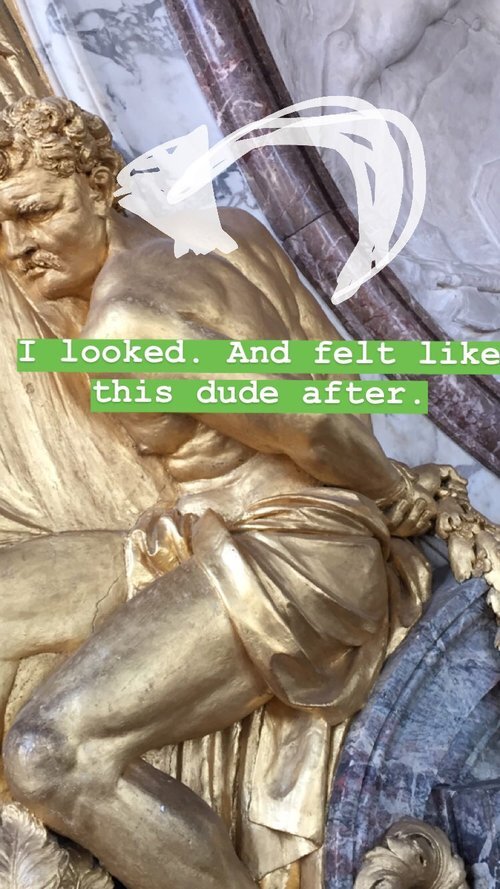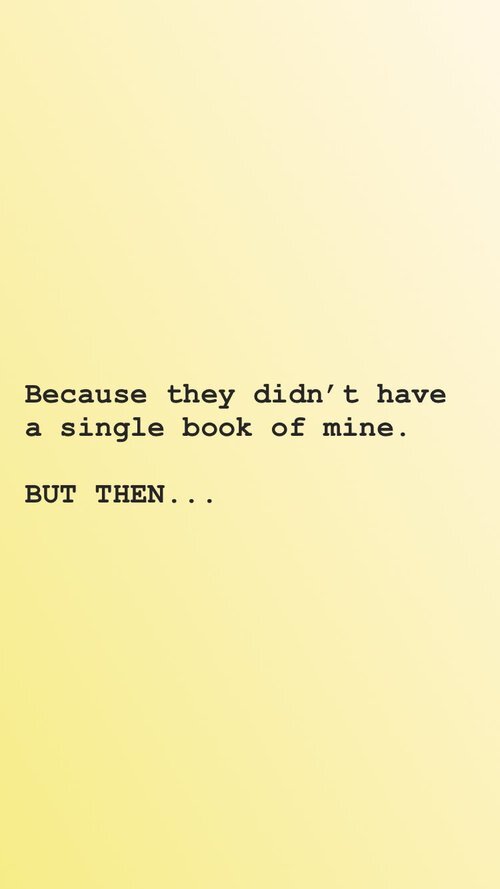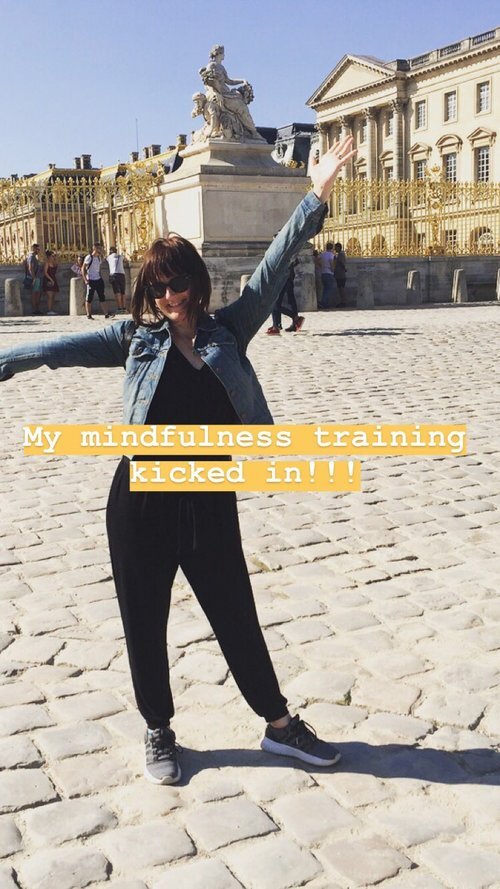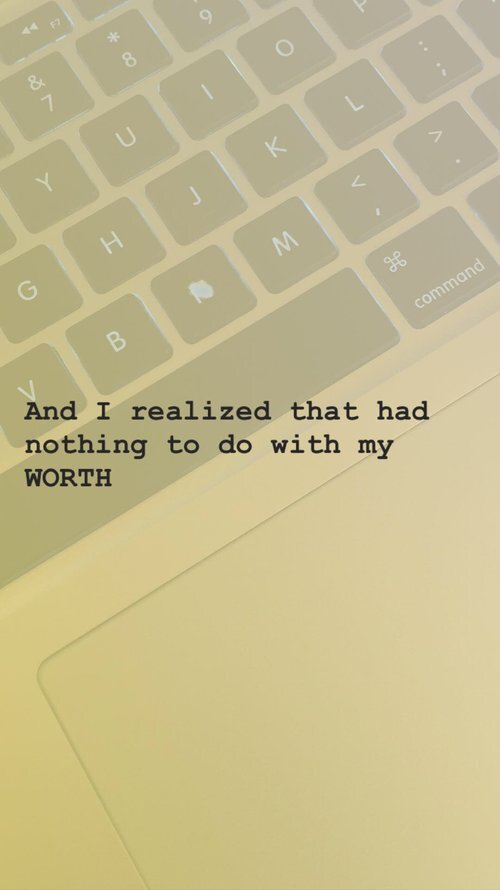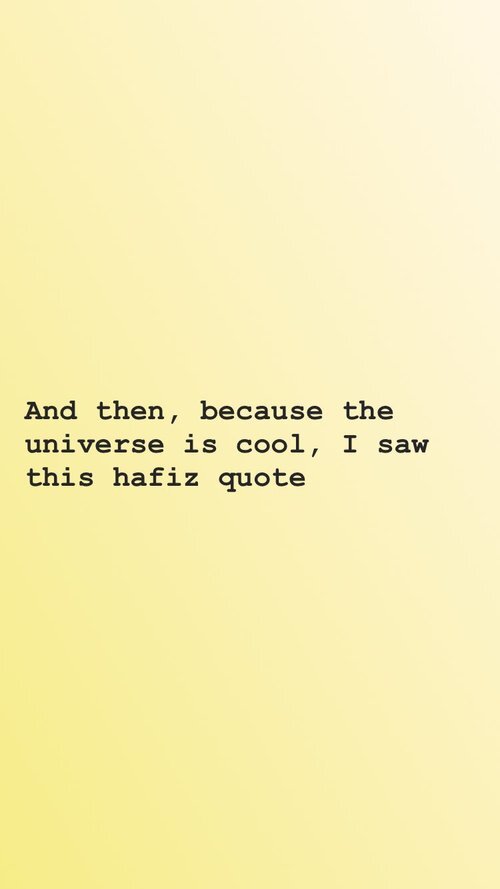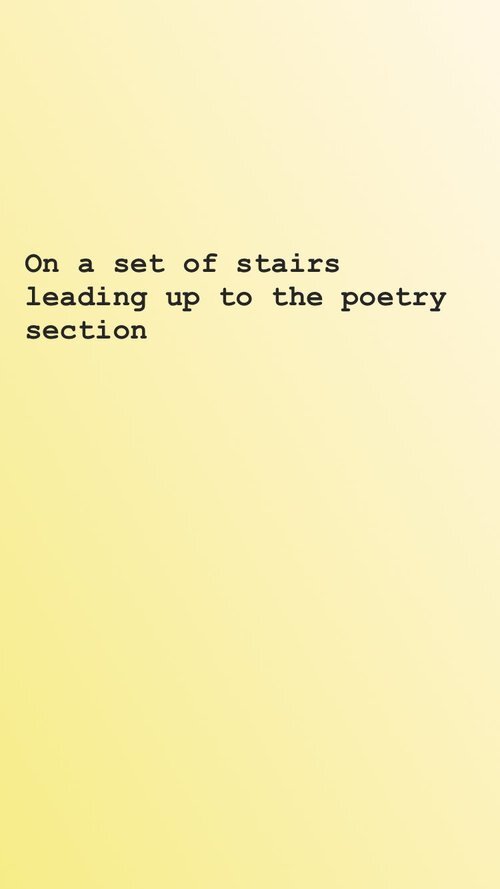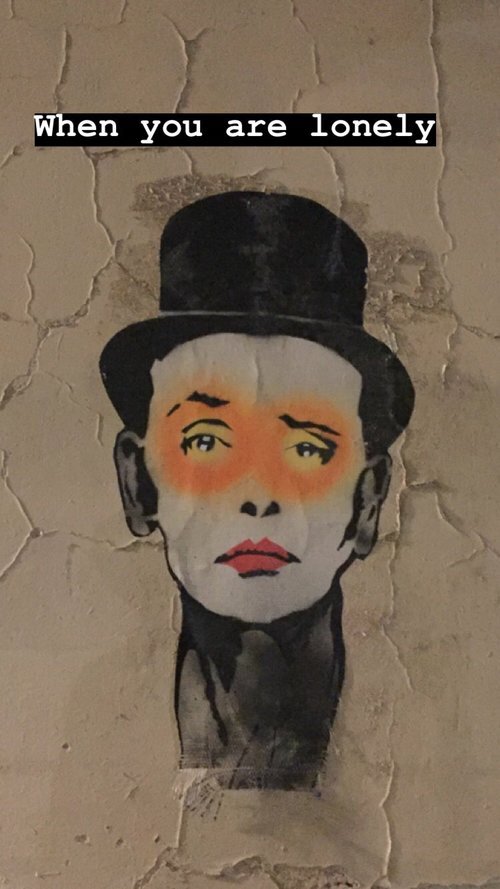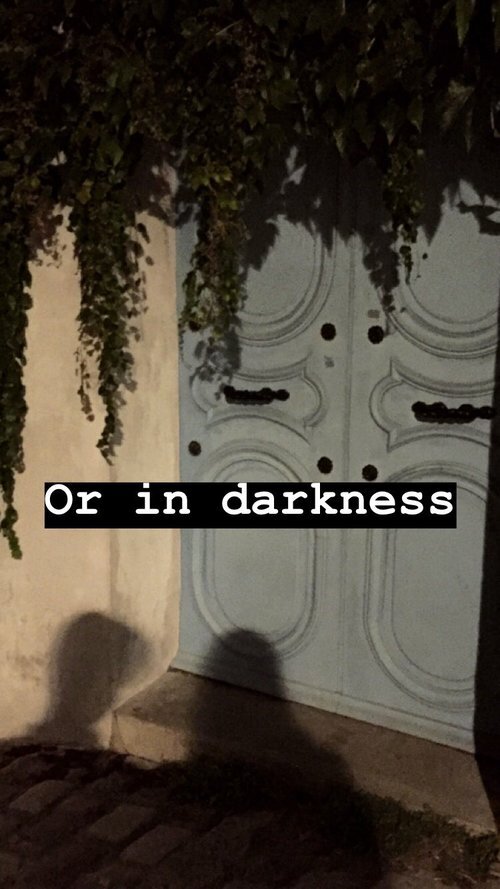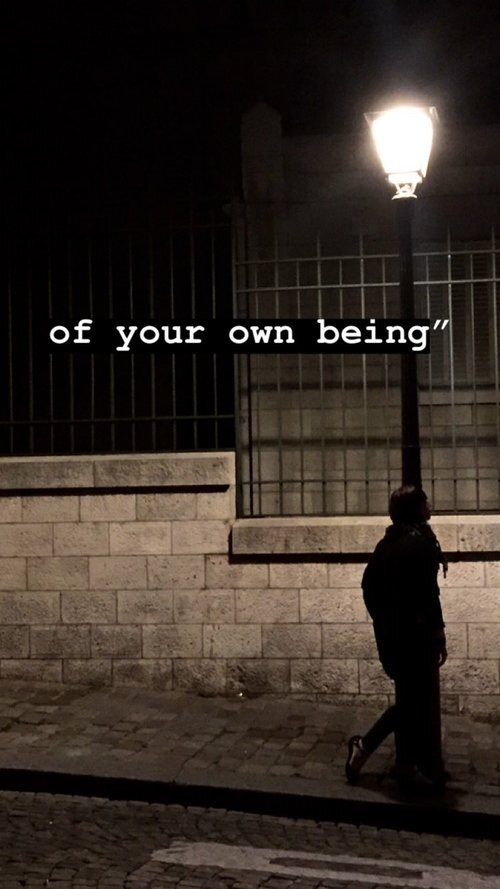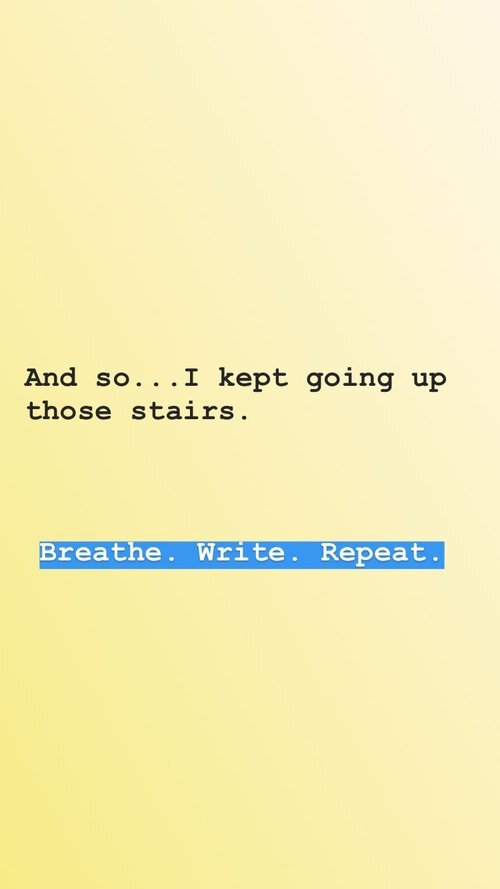In her book Finding Your Own North Star, life coach and sociologist Martha Beck shares an exercise she’s adapted from Julia Cameron’s The Artist Way. What results is a new take on affirmations: Here, we’re not trying to trick our brains or even worry about shifting our energy or what-have-you. Instead, the affirmation simply serves as a key to unlock the truth of a situation so that we can learn from it, move past it, and use that insight as a way to still achieve our dreams and goals. By getting to the truth of a situation, we gain new perspective, seeing things as they really are, instead of allowing ourselves to be run by untrue stories (or desires) that are running us.
Beck, who claims this is one of the most effective tools in her arsenal of self-help wonders, says this:
“This exercise isn’t meant to realize your dreams in exactly the way you expect. Its effect is to free your imagination and revive your hope by embracing the possible.”
Defrosting Your Limiting Beliefs
Directions: Grab a sheet of paper, your journal, whatever. At the top, write a dream you have that feels impossible or at least not attainable for a lot of reasons. It could also be a dream where you feel like the ship has sailed (a writing residency or program you weren’t chosen for). Something you may have totally abandoned. It doesn’t matter how improbable it is, just something that is emotionally tender for you.
Take a few moments to arrive in your body, the space, this activity (no cell phones, please!). Breathe.
Now:
Draw a line down the center of the paper.
On the left, you’re going to write number one and then this affirmation:
“My dream is coming true.”
On the right, you’re going to write whatever your brain “blurts” out in response. You will keep doing this (see below) until you feel you’ve reached some insight into this situation that allows you to view it from a different perspective. It kind of reminds me of the Meisner acting technique, where, through repetition, your finally arrive at the truth.
Here’s a personal one for me:
Dream: MY BOOK DIDN’T RECEIVE ANY STAR REVIEWS
1. My dream is coming true. My books are never going to get recognition.
2. My dream is coming true. Not possible. The reviews are out—the ship has sailed.
3. My dream is coming true. You’re invisible.
4. My dream is coming true. Obviously you’re not A team for publishing.
5. My dream is coming true. You’re never going to make a living or the list.
6. My dream is coming true. You’ll have to quit because low reviews = bad #’s.
7. My dream is coming true. Kirkus doesn’t know what they’re talking about.
8. My dream is coming true. Just because you didn’t get a star doesn’t mean you didn’t deserve it.
9. My dream is coming true. I deserve a star for my book.
10. My dream is coming true. I wrote a star-worthy book.
Okay, so hopefully you see the healing that took place for me as I wrote this list. Wow! Sure, I didn’t get the star—the reviews are out and that’s a done deal. But I went from being run by the story that I’m invisible and the star heralds ultimate failure, to this new thought lane built on positive self-regard and optimism:
Me: “My book didn’t receive any star reviews.”
Me: “So? You wrote a star-worthy book.”
And sure, there are still the realities that there can be career ramifications for not getting a star, but let’s blow your mind for a moment:
Once you’re coming at a lost dream from a place of relative peace, you’ve built a foundation for doing the deeper work of questioning the stories you tell yourself even more (untrue or limiting beliefs / thoughts).
For example, I could still know not getting a star could herald diminishing popularity as a writer—it is a business, after all…or I could call up every book I know of that is wildly popular and didn’t receive star reviews. Which one is likely to keep my head in the game and my eyes on my own page?
So while this dream is done, I no longer feel certain my career is over or that I will never get a star. I ALSO know I deserve one, which takes the sting out and lets me keep my head held high. That sense of surety is certainly going to show up in my author presence as confidence and that will go a long way toward readers wanting to read my book because we all want to read the words of writers who know what’s what about themselves and reality. And it will telegraph to my publishers that I might be a good candidate for events and pitches to media. Which could then lead to more visibility. Which could then lead to…something shiny and five-pointed for my next book.
Then, I could go even DEEPER and begin working on recognizing the ebb and flow of success and failure and realize that, like creative blocks and detours, this TOO—not getting a star—is part of the process. And look at all the times when I did get a star and it didn’t help my book do better or make me happier. Or the friends who have stars, but it’s not enough for them. And then I get a REALLY cosmic perspective and think about what a star review is in comparison to an actual star and then who CARES about the review?????
And then: enlightenment. Obviously.
The Real Lesson
Because the universe has magical timing, just after I sent this work to my writers as an assignment to do themselves, I opened my email (to send it to them) and saw that something had come in from my publisher…a starred-review for my book. WHAT?!
Here is the real kicker: Because I had just finished this thought work I didn’t care about the star.
This is where this work really gets cooking.
It’s one thing to adjust yourself to a disappointment and think Onward! But you unlock a whole new level of self-worth when you get the thing you thought you wanted / needed to feel validated or safe (fill in your own story here) and suddenly realize that all that glitters isn’t gold. You are enough.
That doesn’t mean I wasn’t happy about the star in terms of how it might support my book’s livelihood, but it meant that I didn’t connect that star to my own self worth or believe that it made my book better or made me believe in my book. I already knew my book was star-worthy: the reviewers were playing catch up, and this was old news.
And this is the real gold star of this work:
You reclaim your personal power when you recognize that these things you want, while they might be nice, are not going to make you happier or more fulfilled.
I recommend doing this work whenever those inner gremlins come up – it’s not a one and done. In order to reclaim our power and step into it, we need to have this vigilance. The world is going to tell us we’re lacking. We need to write a different story.
Here’s to revising!







